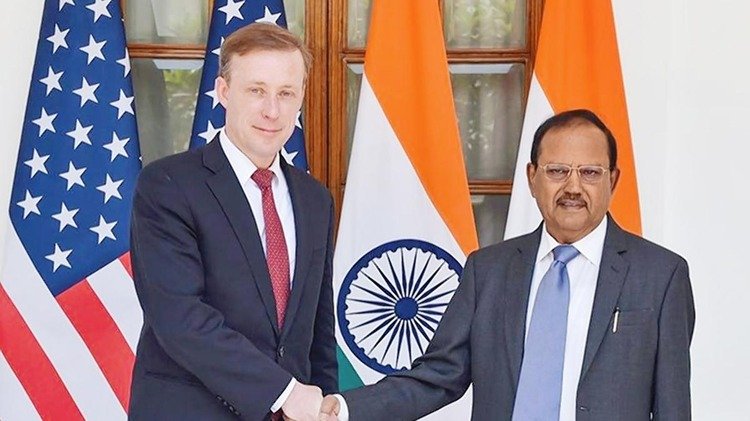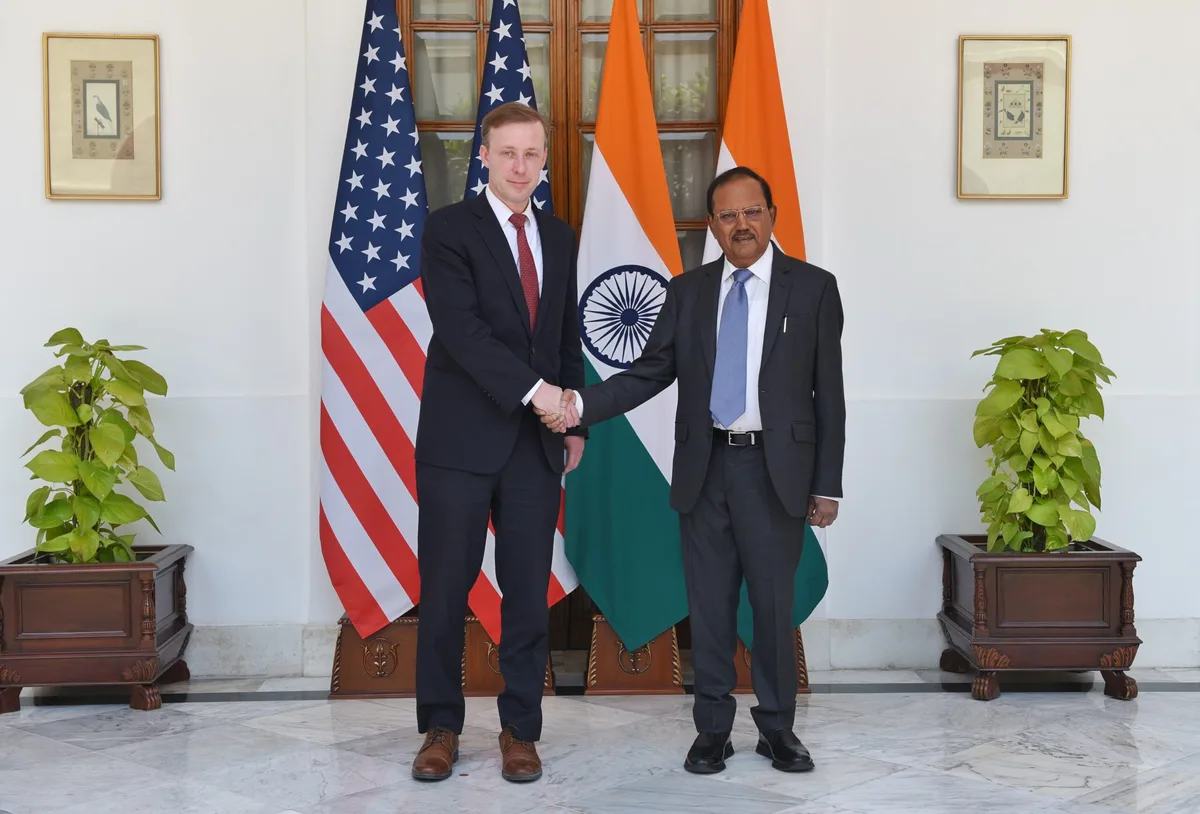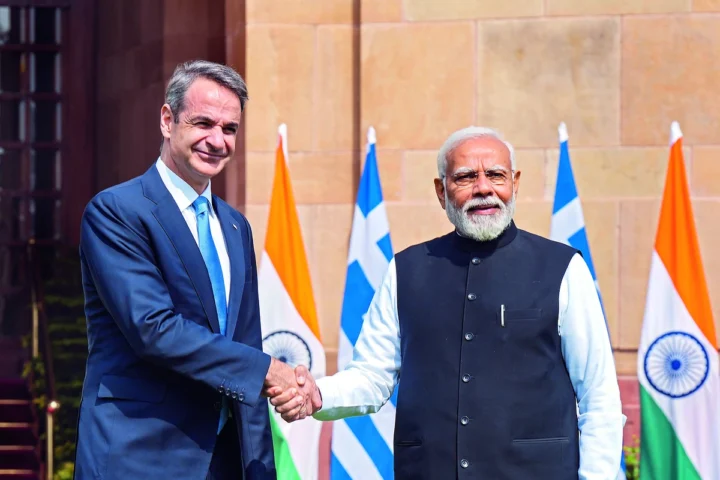In a recent pivotal meeting, India’s National Security Advisor Ajit Doval and U.S. NSA Jake Sullivan discussed enhancing the India-U.S. Initiative on Critical and Emerging Technology (iCET). This dialogue highlights the increasing commitment of both nations to strengthen technological collaboration, focusing on crucial sectors related to national security and economic growth.

The Significance of the India-U.S. iCET Initiative
The India-U.S. Initiative on Critical and Emerging Technology (iCET) has been established to enhance bilateral cooperation in key sectors like cybersecurity, artificial intelligence, quantum computing, and advanced manufacturing. As global dynamics shift, this partnership aims to address urgent challenges while fostering innovation and shared technological standards. Both nations recognize that technological advancements are vital not only for economic growth but also for national security, positioning iCET as a crucial framework for strengthening collaboration and leadership in the global technology landscape.
Key Discussion Points
During their discussions, Doval and Sullivan focused on several key areas, including:
- Cybersecurity: As cyber threats become increasingly sophisticated, enhancing cybersecurity measures is paramount. The leaders discussed joint initiatives to protect critical infrastructure and sensitive data from potential attacks.
- Artificial Intelligence: The transformative potential of AI in various sectors cannot be overstated. Both nations expressed interest in collaborative research and development efforts to harness AI responsibly while mitigating associated risks.
- Supply Chain Resilience: Ensuring a stable and secure supply chain is vital, especially in the context of global disruptions. The partnership aims to strengthen supply chain resilience for essential technologies, reducing dependency on any single nation.
- Quantum Computing: With quantum technology poised to revolutionize computing capabilities, discussions included strategies to accelerate research and development in this field, positioning both countries as leaders in quantum innovation.
- Advanced Manufacturing: Emphasizing the need for robust manufacturing capabilities, the two NSAs explored opportunities for collaboration in advanced manufacturing processes, ensuring both nations can compete effectively in the global market.
A Strategic Move for National Security
The meeting between Doval and Sullivan signifies a strategic shift towards an integrated approach to national security through technological cooperation. In a world where technological capabilities can determine geopolitical power, both nations acknowledge the importance of a collaborative framework for addressing shared security challenges.
Interesting Read
Additionally, this partnership aligns with broader U.S. objectives to reinforce alliances in the Indo-Pacific region and counter the influence of other global powers. For India, this initiative represents a significant opportunity to enhance its technological capabilities and foster a robust innovation ecosystem conducive to research and development.
Conclusion
The India-U.S. Initiative on Critical and Emerging Technology (iCET) exemplifies both nations’ commitment to leveraging advanced technologies for mutual benefit. The discussions between NSA Ajit Doval and NSA Jake Sullivan mark a significant step towards a strong strategic partnership aimed at enhancing national security and driving economic growth. As this initiative progresses, it will be intriguing to observe how the partnership develops and the innovations that arise from this alliance.







